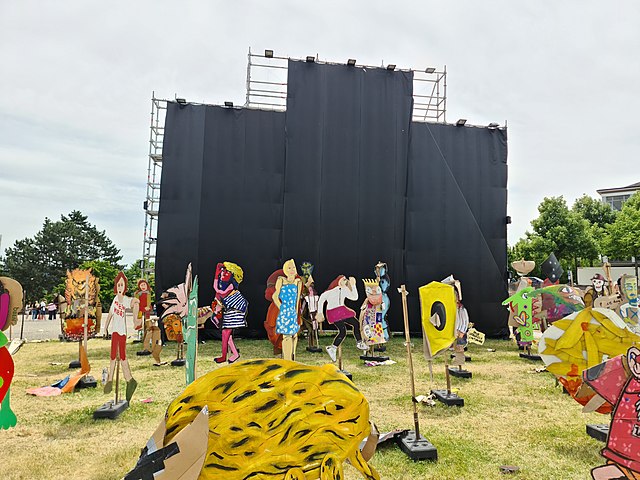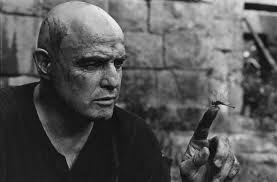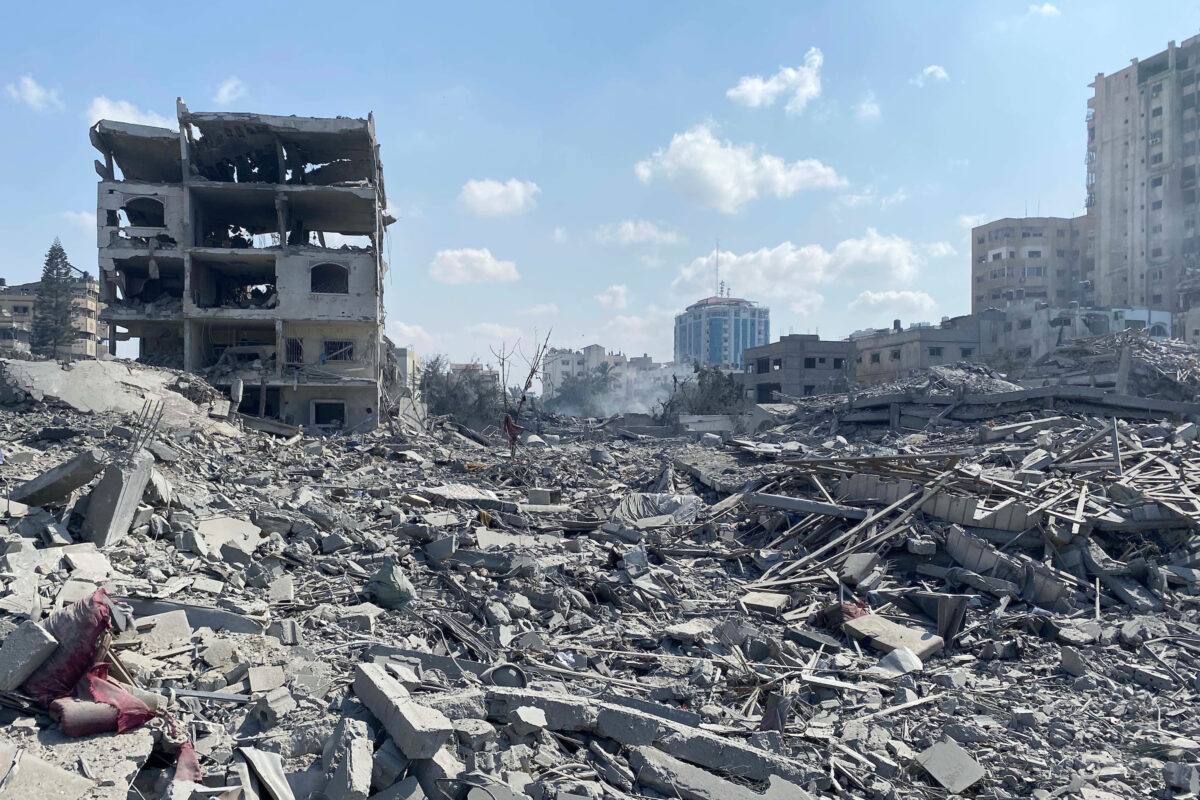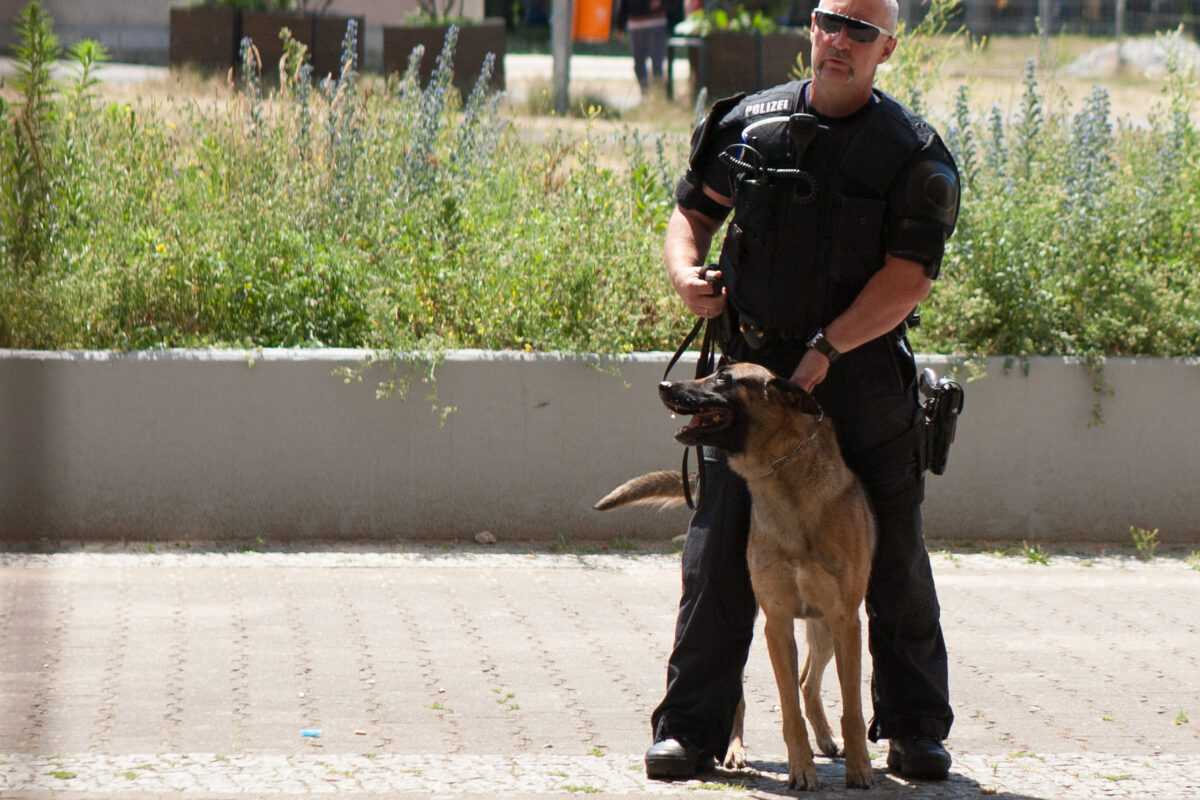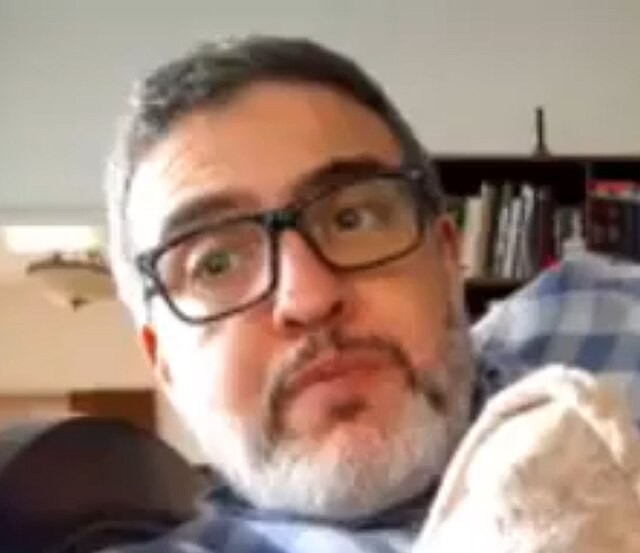From Werner Ruf, Ingo Wandelt & Rainer Werning
We, the signatories of this “Open Letter”, are worried that the internationally renowned art exhibition documenta is possibly taking place for the last time in its current form. Ruangrupa, this year’s Indonesian curators of documenta followed the ambitious goal of finally allowing the “Global South” of the planet a voice. They are trying to take a look at a post-colonial world, which was previously characterized by imperialism, colonialism, racism and other forms of oppression and exploitation. The central idea was “Lumbung”, the rice bard as a refuge for a socially managed and used resource of life. That could serve as a vital intercultural communication.
The laudable idea of letting people of the former Third World to speak for themselves naturally contains the “danger” that unnoticed facts in our own writing of history, kept persistently secret and suppressed – may suddenly become relevant. Who owns the prerogative of interpreting what happened and happens “down there”? If “the Southerners” attain the power of interpretation, does this lead to questioning “our” world view, previously cultivated over centuries together with claims to power?
The Indonesian artists’ collective ‘Taring Padi’ displayed a banner made out of many hundred pictures, created two decades ago. Since then, it was shown in many places without provoking protests. Two of the images found on this banner formed the justification for the hasty political instrumentalisation of documenta 15; and to denounce the banner as “anti-semitic”. This resulted in their condemnation – lock, stock and barrel. Even the demand that the exhibition be immediately cancelled. High-ranking German politicians believed that they these images were a threat to the existence of the State of Israel, while others consciously avoided visiting Kassel [the site of the exhibition].
The artists’ collective of Taring Padi declared early on that: “The banner installation ‘People’s Justice’ (2002) is a campaign against the militarism and violence that we experienced during the military dictatorship of Suharto for 32 years in Indonesia; and its legacy up to the present day. Therefore, the depiction of military figures in the banner expresses our experiences. As such, all figures depicted in the banner reference commonly-known symbols within the Indonesian political context, for example: corrupt bureaucracy, military generals and their soldiers – which are symbolised by pigs, dogs, and rats; to criticise an exploitative capitalist system and military violence (…)”
The pig’s face with a helmet containing the word MOSSAD is thus just one of similarly helmeted figures with abbreviations like KGB, CIA, INTEL, 007, which as a whole stand for international secret services. These served as the bones of the régime of (1965-1998). The weekly paper ‘Die Zeit’ wrote the following on 3rd November 1967 – about Suharto’s bloody anti-Communist military campaign:
“The avenging army has not hesitated in realising the one-off chance of exterminating its only rivals. With official approval, carried out by the army, by militant Muslim youth groups, and by the PNI (Partai Nasional Indonesia), probably the largest mass murder since the days of Hitler began. There was a pogrom of the CPI [the Communist Party of Indonesia, at the time the third largest Communist Party worldwide – Authors note] supporters which would eventually get out of hand and turn into a national killing spree, whereby private feuds and general social conflicts were settled under the comfortable cloak of anti-Communism.”
The second incriminating image shows a face with sharks’ teeth, the cigar of a capitalist in its mouth, head covered with a hat, on which you can see SS insignia. The shape of side curls [as worn by Orthodox Jewish men – translator] are also discernible. Does this stand for the “hateful, greedy Jew” or a cunning broker, who symbolically represents finance capital which sells off the wealth and natural resources of Third World countries at the stock exchange? The SS insignia is clearly aimed at the inhumanity and brutality of the accused colonial system. Is “the Jew” being attacked here or the international finance system? The problem is more about an interpretation by the Western – specifically German – viewer, than that it is an unambiguous statement about “the Jews”. Also relevant is that the incriminated figure wears European clothing. The Israeli sociologist Moshe Zuckermann refers to this as a “purely German scandal”. Both incriminated images are not intended as antisemitic pieces, but are strictly anti-Suharto images. This basic intention of the banner clearly is not once visible to Western eyes.
The SS figure is placed in close proximity to the zombie-like creatures, also shown with fangs. The overall context strong indicates this really deals with an SS figure, and in no sense reduces “the Jews” to a particular incarnation of evil. A crony of Suharto, who was also his biographer, was no less than the hardened Nazi, SS-Obersturmbannführer and war criminal Rudolf Oebsger-Röder. Under the name O. G. Roeder, he was responsible for managing the image of Suharto at home and abroad as the constantly “smiling general”. After the Second World War, Röder, with others, was responsible for the ‘Organisation Gehlen’ (hence the O.G. before his name) – the forerunner of the Bundesnachrichtendienstes [BND – German Federal Intelligence Service]. He later worked in Jakarta, both for the BND and also as a correspondent for the Süddeutsche Zeitung and the Neue Zürcher Zeitung.
“We see things not as they are, we see them as we are”, wrote the author Anaïs Nin once. “We” have mixed “here” a dangerous cocktail from pre-judgements, hate-filled rejection, deeply reactionary reactions, political opportunism and vandalism.
What this leads to is that foreign guests, even curators and artists of this year’s documenta were physically endangered. This has not just introduced serious damage to this international art show. In addition, loud calls are chiming for curtailment of artistic freedom censorship. In Summer 2022!
Following 70 year’ diplomatic relations between the German Bundesrepublik and the Republic of Indonesia, it is time to open the archive to look at the wider ranging (West) German support for the Suharto Terror régime. This would follow the sense of the government’s sworn transparency and “value-based foreign policy.”
In particularly, we request that the documenta 15 supervisory board immediately use all its available powers to shape orderly modes of behaviour and a culture of dialogue that deserves its name. This means holding corresponding open forums, and an active exchange of opinions for the remaining time of documenta 15. We expect moreover an advisory body which contains at least one scholar from South-East Asia.
Edermünde/Wuppertal/Königsdorf am 27th July 2022
Prof. Dr. Werner Ruf (former political scientist and peace researcher with a main focus on international relations)
Dr. Ingo Wandelt (ethnologist and Indonesian scholar)
Dr. Rainer Werning (social scientist and political commentator focussing on South-East and East Asia)
Translation: Phil Butland. Reproduced with permission
